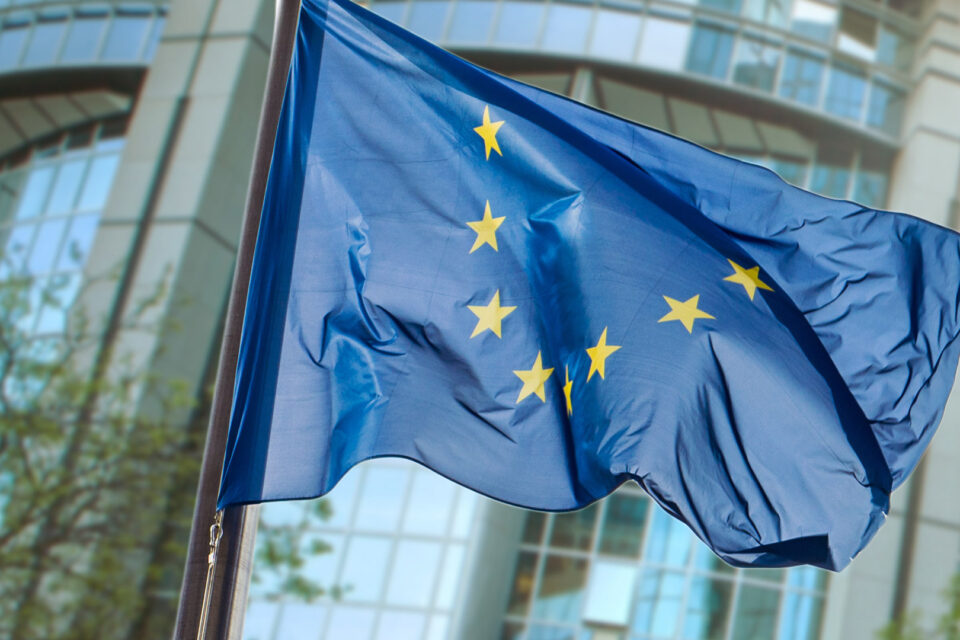
Artificial Intelligence Liability Directive
The Proposal for a Directive on adapting non-contractual civil liability rules to artificial intelligence (AI Liability Directive) introduces rules on evidence and causation to facilitate civil claims for damages suffered by end-users of AI systems.
What does this mean?
- Clear rules will create legal certainty for businesses and incentives for further investment in AI.
- Increased consumer trust due to afforded guarantees for end-users of AI systems.
- Established extra-contractual civil liability towards system- or service users for damage caused by an output of an AI system, or the failure of an AI system to produce an output where an output should have been produced.
- Concern rights to compensation for damage caused by the fault or omission of a provider, developer, or user of an AI system due to non-compliance with certain requirements laid down in the Artificial Intelligence Act or with other duties of care laid down in Union or national law.
- To ease the burden of proof for individuals who have suffered damage caused by an AI system or a service, a rebuttable presumption of causality is assumed when certain conditions can be demonstrated:
- Damage was caused by non-compliance with a certain EU or national obligation relevant to the AI system.
- It must be reasonably likely, that the output produced by the AI system or the inability to produce an output was influenced by negligent conduct.
- The damage must have originated from the output produced by the AI system or the system’s inability to produce an output.
- Presumption of causality may be rebutted, if the defendant can show that its fault could not have caused the damage.
Consequences
- In high-risk system cases where a causality to damage is suspected, national courts are proposed to have the power to order disclosure of evidence. A potential obligation to disclose specific information and documentation, ranging from audit logs to risk assessments related to the AI system, is introduced.
- The AI Liability Directive would not apply to criminal liability.
Timeline
- The AI Liability Directive is still a proposal. The draft of the AI Liability Directive is pending review by the European Parliament and the Council of the European Union. After negotiation and adoption, EU Member States will be obliged to incorporate the provisions of the AI Liability Directive into their national laws within two years.
